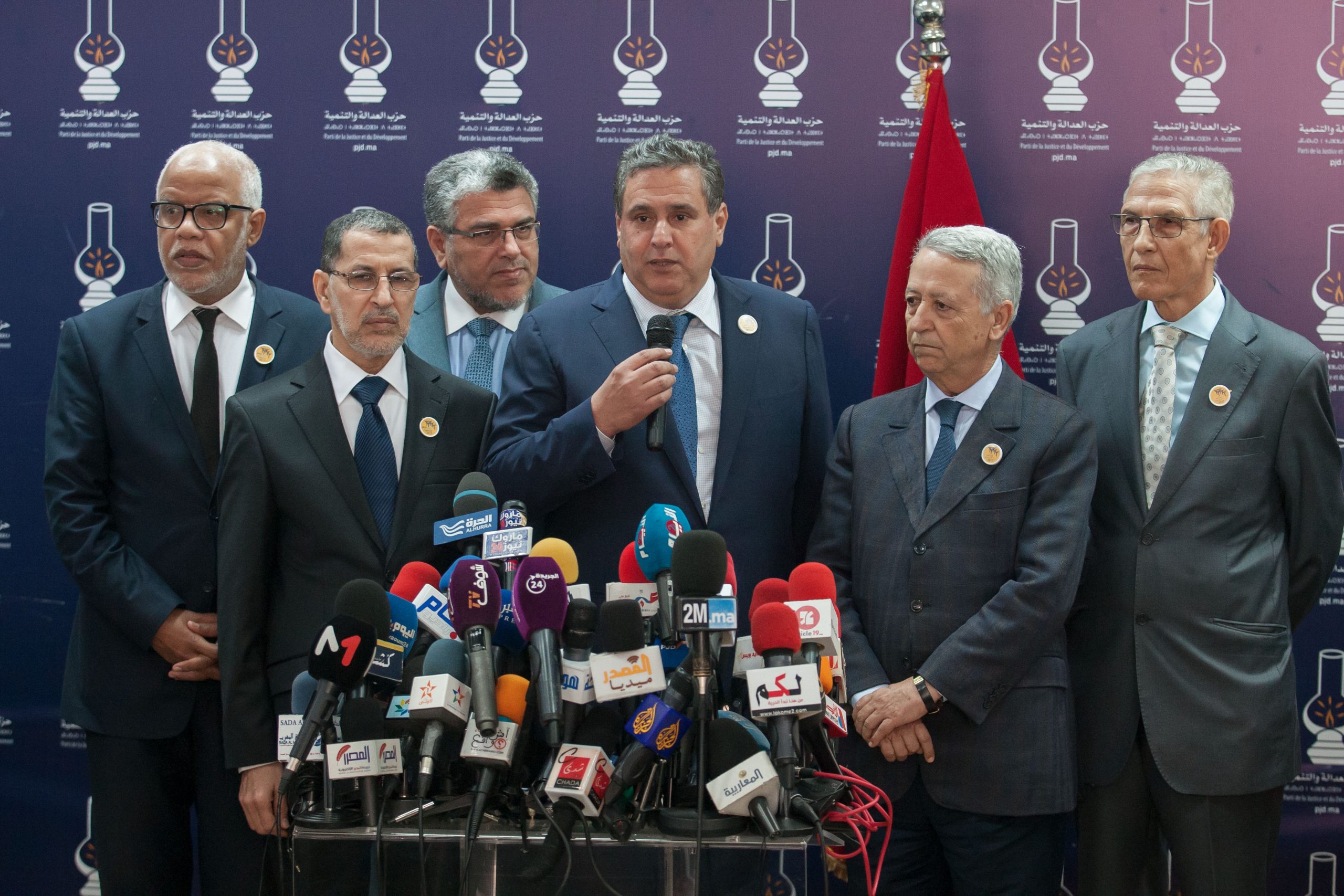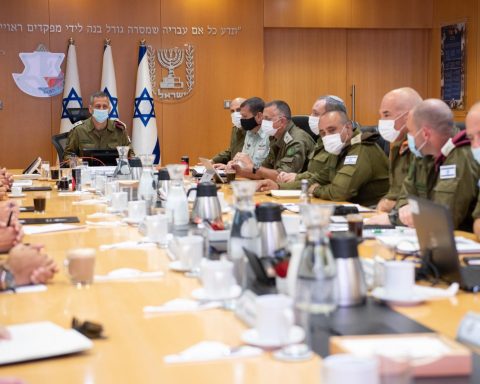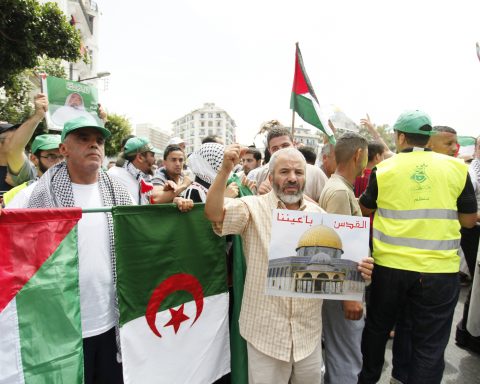The National Rally of Independents (RNI) won the legislative elections in Morocco, Interior Minister Abdelouafi Laftit announced on Wednesday night.
In the official statement made by the Moroccan Ministry of Interior on Wednesday, it was reported that the turnout in the country’s general and local elections was 50,35%. In the 2016 elections, the turnout was 43%.
The Ministry of the Interior indicated that “the Party of Authenticity and Modernity (PAM) occupied 2nd place with 82 seats, followed by the Istiqlal Party with 78 seats, the Socialist Union the Popular Forces with 35 seats, the Popular Movement with 26 seats, the Party for Progress and Socialism with 20 seats, the Constitutional Union with 18 seats) and the Justice and Development Party with 12 seats, while other political parties shared the remaining 12 seats.”
The three parties that won the most seats in the elections are known to be close to the royal family.
The leader of the ruling coalition partner RNI, billionaire businessman and agriculture minister Aziz Akhannouch, is known to be close to the King of Morocco. The RNI won 37 seats in the last election, guiding the government’s policies on agriculture, finance, trade, and tourism.
The former main opposition party, PAM, was founded in 2008 by royal adviser Fouad Ali El Himma. Elsewhere, Istiqlal Party is the founding and oldest political party of the country.
The elections have a particular stake since the new chamber of representatives will have the heavy task of concretizing the new Moroccan development model desired by King Mohammed VI.
This new development model was unveiled last May after the analytical phase conducted by the Special Commission on the Development Model and provides a roadmap to achieve the objectives set by 2035.
The former coalition government was consisting of the PJD with 125 deputies, RNI with 37 deputies, the People’s Movement with 27 deputies, the Socialist Union with 20 deputies, and the Constitutional Union having 23 deputies. The opposition wing was consisting of PAM which had 102 deputies, Istiqlal Party that had 46 deputies, Progress and Socialism consisting of 12 deputies, and the Left Federation which possessed two.
In Morocco, after the Arab Spring events that started in 2011, democratic elections were held in the country, within the framework of the article: “The requirement that the King give the task of forming the government to the party that receives the most votes,” situated in the Constitution.
The PJD, which has been holding the rope in the elections for the last two terms, increased its vote rate in the 2016 elections, increasing the number of deputies from 107 to 125. The party managed to form the second 5-year government in 2016. Thus, the PJD, led by Prime Minister Saadeddine Othmani experienced a real rout by arriving eighth in this election after ten years in power.
After announcing the result elections, Hassan al-Omrani, a leading member of the PJD, commented that his party “was defeated and it must recognize this and most importantly take the necessary practical steps.” He added: “The defeat is painful, but it is not the end of the path.”
Abdelillah Benkirane, former Secretary-General of the PJD, called for current Secretary-General Saadeddine Othmani to resign after a “bitter defeat” for the party in Wednesday’s parliamentary elections.
In a message he posted on his social media, Benkirane said: “Based on my legal status as a member of the party’s National Council and as the party’s former Secretary-General, after learning about the results, I think that our party is not suitable in these difficult conditions, where we suffered a bitter defeat in the elections for the House of Representatives, where the Secretary-General did not take responsibility and did not submit his resignation from the presidency of the party.”
“The Deputy Secretary-General will be responsible for taking charge of the party presidency until the general party assembly is held, where the party will continue to assume responsibility for serving the country in its new position,” he said.
After Benkirane, Othmani has been the party’s Secretary-General and, as a result of the recent election, was unable to retain his parliamentary seat representing Rabat.














